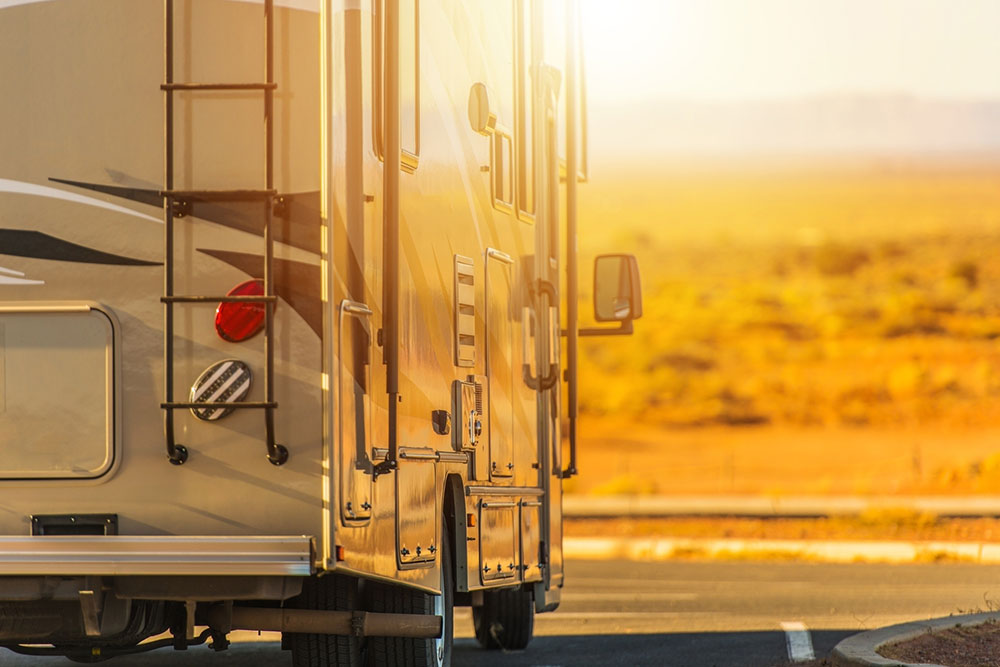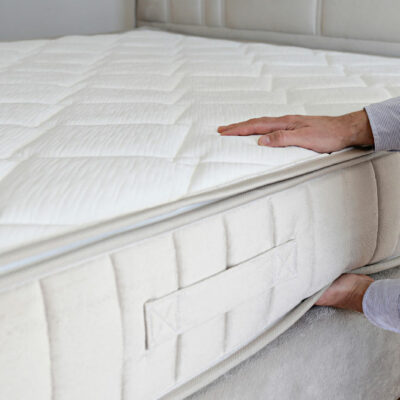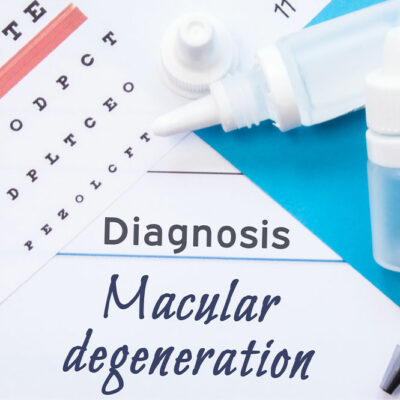6 common problems with RVs and ways to fix them

An RV, or recreational vehicle, is a trailer that acts as a living quarters during travel. It’s like a mini house on wheels, incredibly useful for campers, globetrotters, or general travel enthusiasts. The vehicle has several names, like housecar, motorhome, camp trailer, and travel trailer. But just like any machine, an RV can wear over time and run into problems, even when maintained. While some problems can be fixed easily DIY, others need professional help.
Leaks or water intrusion
Since RVs go over many road bumps, they may harbor cracks or leaks over time. If left untreated, one may notice water intrusion. It’s quite a common problem with RVs but should be promptly addressed to avoid damaging the interior and exterior. Cracks can occur anywhere, whether on the roof, windows, walls, or seams, but a leaky roof is relatively more common. One way to fix cracks is to cover them with a sealant. If that doesn’t solve the issue, it’s best to replace the damaged section of the roof promptly. Even leaky faucets are common and can be fixed by replacing the washer, heating element, or another part.
Malfunctioning appliances
All RVs have a functional kitchen with essential appliances like a stove, mini refrigerator, cooler, and microwave. When constantly used, these can wear out and develop operational problems, like malfunctioning parts or electrical issues. The easiest way to tackle these problems is to upgrade the appliance. If that’s out of budget, one can attempt DIY fixes or ask a professional to repair them. For example, if the microwave display stops working, possibly because of a lack of power, one can check if their roof AC is working. Since both these machines consume the same power supply, it might be easy to know where the fault lies. If the AC works fine, it’s time to check the breakers to one’s power converter. Unplugging and plugging the appliance back may also work at times. The same rule applies to any issues with the roof AC.
One can also troubleshoot appliances by checking for loose connections, cleaning filters, or resetting them. Novices must schedule an inspection from a professional to diagnose and fix the problem, or they may risk getting into fire accidents or causing irreparable damage to the appliances or even the RV.
Electrical issues
RVs have a complex wiring system for electricity supply, and a faulty fuse can spark a problem. To fix general electrical issues, one must ensure the RV is plugged into the external power source and then turn on the breakers to start the supply. One must also check the converter’s breakers and reset them if needed. Usually, appliances that run on an RV’s electric system require a certain power voltage, like 120 volts. Not meeting this requirement can cause problems. Individuals should ensure the power supply is sufficient for the RV. If unsure about any electrical fault, it’s best to consult an expert to avoid unnecessary hazards.
Inefficient air conditioning
Non-working air conditioners in an RV can be a nightmare on hot summer days since the vehicle can trap heat. If the RV’s AC isn’t cooling, it’s time to inspect the chassis, which is the vehicle’s foundation . A technician will assess the HVAC (heating, ventilation, and air conditioning) systems and advise the owner to repair or replace the faulty AC unit accordingly.
Clogged toilet
RVs also have a plumbing system. Any issues here, such as clogging, valve malfunctions, or leaks, call for an inspection. Usually, one can fix plumbing problems by cleaning the valve or replacing a damaged one. At times, using non-compatible toiletries with RVs can also interfere with the system. For example, non-RV-specific tissue papers can clog the pipes. So, one should only opt for RV-friendly products.
Structural damage or engine issues
These problems are mostly seen in RVs that have been used for a few years. Sometimes, one may notice motor failure or corrosion in the RV’s body or structure. Even flat tires, battery failure, or excessive tire wear are common. To avoid these, it’s important to lubricate the RV parts regularly, change the oil, and check the tire pressure and suspension system before starting out on a journey. For any transmission, engine, or structural issues, one should enlist the help of a professional.
What should one do when an RV runs into technical issues?
The first and foremost thing is to read the user manual cover to cover and carry it during travels for quick reference whenever one runs into a problem. One can also use online resources to find quick solutions to urgent RV issues. Apart from this, one should carry a toolkit to repair and fix basic issues like loose screws and minor leaks and ensure safety before undertaking any repair tasks.
RVs may seem more complicated to preserve than cars, but regular maintenance and a thorough inspection before each long trip can prevent most problems. Getting them checked by a professional can help detect problems early, before the engine or transmission breaks down. As a rule of thumb, one should avoid fixing electrical issues beyond a fuse change alone. Similarly, one must get help for major leaks or heating problems.
















